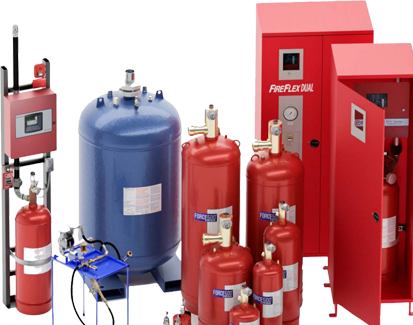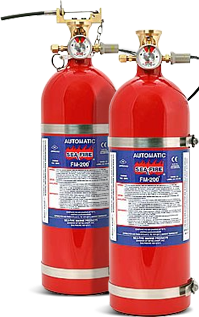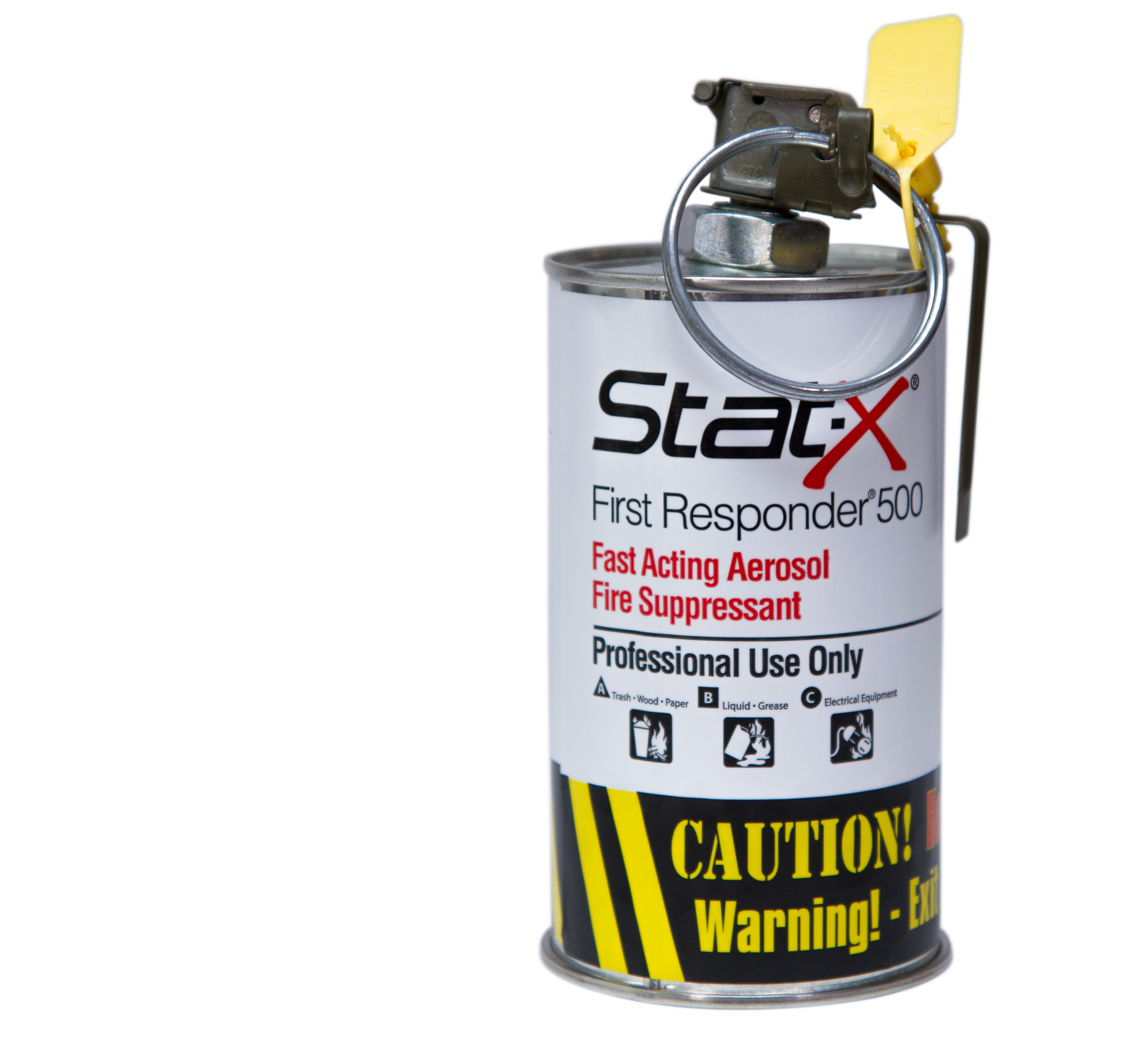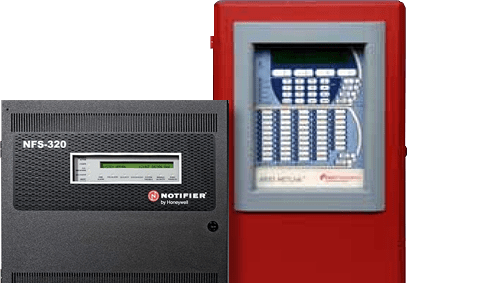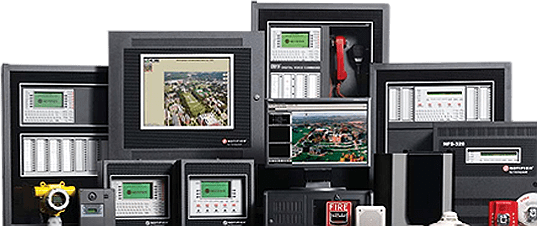What Are the Differences Between Conventional and Analogue (Addressable) Fire Alarm Systems?
Choosing the right fire alarm system is crucial for safety. Understanding the differences between conventional and analogue fire alarms helps businesses select the most effective fire detection and response solution for their needs.
Key Takeaways
- Conventional Fire Alarm Systems – Divide a building into zones but provide limited pinpoint accuracy for fire locations.
- Analogue (Addressable) Systems – Offer precise fire detection, reducing false alarms and improving response times.
- Cost vs. Functionality – Conventional systems are more affordable, while analogue systems provide advanced features and scalability.
- Best Use Cases – Conventional alarms suit small buildings, while analogue systems work best for large facilities with complex fire safety needs.
- Compliance & Safety – Both systems meet fire safety regulations, but analogue alarms provide better monitoring and diagnostics.
Commercial building fire protection is an invaluable resource when it comes to safeguarding your assets and investments. Choosing the best alarm system is often a complicated process which requires multiple factors to be considered. This decision process is often much more complex than simply aiming to adhere to fire safety codes. Two systems: Conventional and Analogue/Addressable fire alarm systems are the most commonly used within a commercial setting. While they share similarities, mainly the wired connection to a centralized system control panel , they also have distinct features which should be taken into consideration while choosing the most appropriate fire alarm system for your business .
What Makes Them Different
The most notable difference between Conventional and Analogue fire alarms is the means by which the alarm signals communicate with the system control panel. Analogue fire alarm systems act by receiving a signal which has been transmitted via single cable running through all installed detection devices. Alternatively, Conventional systems use a separate wire for each device to connect to the fire system control panel. However, despite the use of separate wiring in conventional systems, these devices are not recognized individually but as part of a zoned area.
Explore further
Question: What is the difference between conventional and analogue fire alarm systems?
Answer: A conventional fire alarm system divides buildings into zones but lacks precise fire location detection. An analogue (addressable) system assigns a unique address to each device, enabling accurate fire detection and reduced false alarms.
The Pros and Cons
Conventional fire alarms are considered to be a budget-conscious option for small buildings, such as coffee shops or retail stores, as the upfront cost is considerably less. In addition, the wiring of the system enables security to identify general zones of fire threat and evacuate staff accordingly. However, due to the extensive wiring involved in conventional systems, they take more man hours to install and are prone to signal mishaps and false alarms which can be tedious, costly and time-consuming. Further, as a consequence of frequent false alarms, occupants may become apathetic to the sound of a fire alarm and hesitate to respond to real fire threats in the event they occur.
In contrast, Analogue fire alarm systems signal control panels via one continuous wire which links all of the devices and, as a result, are less likely to face the wiring challenges seen in the Conventional systems. This added reliability ensures that business operations are not interrupted by the hassle of false alarms, unnecessary evacuations and emergency procedures. In the event of fire alarm activated on an Analogue fire system, occupants can have greater confidence in the reality of the threat and respond appropriately without question.
The single wire connection feature of Analogue systems provides many other benefits to the maintenance and efficiency of the installed commercial fire alarm system. The sole wiring allows for easier and faster installations when seeking to add or remove alarms throughout a building. This helps to minimize labour costs associated with installation. Additionally, the Analogue system contains wiring fail-safe mechanisms in place to increase reliability and system sensitivity. In the event that one end of the wire is damaged, alert signals can also be transmitted to the control panel through the other end of the wire. For added safety and security, the Analogue system also provides firefighters with critical information regarding the exact location of alarm signals. This allows for a faster response to manage the emergency, while simultaneously protecting occupants and property.
The Superior Option
For larger commercial buildings, installing an analogue fire alarm is the superior option. Analogue systems are easier to maintain, more reliable, and save time and money while protecting your property. Modern systems, such as the Notifier Alarm Panels are even aesthetically pleasing and are designed to install quickly and easily, saving on labour costs. The Notifier NFS-3030 provides cutting edge technology, allowing time-efficiency that will save your business, or even a life.
While both systems can be made to meet building fire codes, a Conventional fire alarm will suffice for small commercial buildings, where initial cost is a major factor in the buying process. However, if you want a system to stretch over a vast amount of space, save money over time, and be safer for your business and its employees, it's suggested to get a more high-tech modern system, like that of an Analogue Fire System to protect your assets.
People also search
Deciding on a system can be difficult, so it's best to consult with a professional. For a free consultation and quote, please contact Control Fire Systems located in Toronto.
Control Fire Systems
63 Advance Rd. Toronto,
Ontario Canada M8Z 2S6
Phone: 1-866-384-1280
Webpage:
https://www.controlfiresystems.com/
Email: info@controlfiresystems.com






